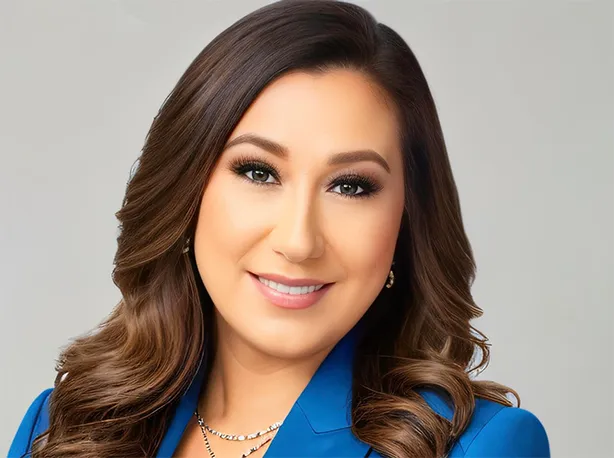CRMLS Disclaimer
CRMLS Based on information from California Regional Multiple Listing Service, Inc. as of November 29, 2023 3:36 PM. This information is for your personal, non-commercial use and may not be used for any purpose other than to identify prospective properties you may be interested in purchasing. Display of MLS data is usually deemed reliable but is NOT guaranteed accurate by the MLS. Buyers are responsible for verifying the accuracy of all information and should investigate the data themselves or retain appropriate professionals. Information from sources other than the Listing Agent may have been included in the MLS data. Unless otherwise specified in writing, Broker/Agent has not and will not verify any information obtained from other sources. The Broker/Agent providing the information contained herein may or may not have been the Listing and/or Selling Agent.
Based on information from November 29, 2023 3:36 PM. The information being provided by CRMLS is for the visitor's personal, noncommercial use and may not be used for any purpose other than to identify prospective properties visitor may be interested in purchasing. The data contained herein is copyrighted by CRMLS, CLAW, i-Tech MLS, PSRMLS and/or VCRDS and is protected by all applicable copyright laws. Any dissemination of this information is in violation of copyright laws and is strictly prohibited.
Any property information referenced on this website comes from the Internet Data Exchange (IDX) program of CRMLS. All data, including all measurements and calculations of area, is obtained from various sources and has not been, and will not be, verified by broker or MLS. All information should be independently reviewed and verified for accuracy. Properties may or may not be listed by the office/agent presenting the information.
SAN DIEGO | MLS This information is deemed reliable but not guaranteed. You should rely on this information only to decide whether or not to further investigate a particular property. BEFORE MAKING ANY OTHER DECISION, YOU SHOULD PERSONALLY INVESTIGATE THE FACTS (e.g.square footage and lot size) with the assistance of an appropriate professional. You may use this information only to identify properties you may be interested in investigating further. All uses except for personal, non-commercial use in accordance with the foregoing purpose are prohibited. Redistribution or copying of this information, any photographs or video tours is strictly prohibited. This information is derived from the Internet Data Exchange (IDX) service provided by San Diego MLS. Displayed property listings may be held by a brokerage firm other than the broker and/or agent responsible for this display. The information and any photographs and video tours and the compilation from which they are derived is protected by copyright.Compilation © 2019 San Diego MLS. Last Updated: November 29, 2023 3:36 PM.
MLS All information deemed reliable but not guaranteed and should be independently verified. All properties are subject to prior sale, change or withdrawal. Neither listing broker(s) nor Big Bear MLS (BBVMLS) - 235 - CA shall be responsible for any typographical errors, misinformation, misprints and shall be held totally harmless. Property locations as displayed on any map are best approximations only and exact locations should be independently verified. Lifestyle, neighborhood, and school data ("Supplemental Data") is provided by the operator of this website as a convenience to users. This Supplemental Data is not provided or reviewed by Big Bear Association of Realtors. The operator of this website updates the Supplemental Data from time to time, but it does not represent, warrant or otherwise promise that the Supplemental Data is current, free from defects, or error-free. All Supplemental Data is provided AS IS with all faults. Users are encouraged to consult their own data sources to confirm the accuracy of all Supplemental Data before using the Supplemental Data as a basis for any decision.
HDAOR High Desert The data relating to real estate for sale on this web site comes in whole or in part from the Victor Valley Internet Data Exchange program of the Victor Valley Multiple Listing Service. Information being provided is for consumers person, ie, non-commercial use and may NOT be used for any purpose other than to identify prospective properties consumers may be interested in purchasing.




.jpg)
.jpg)



